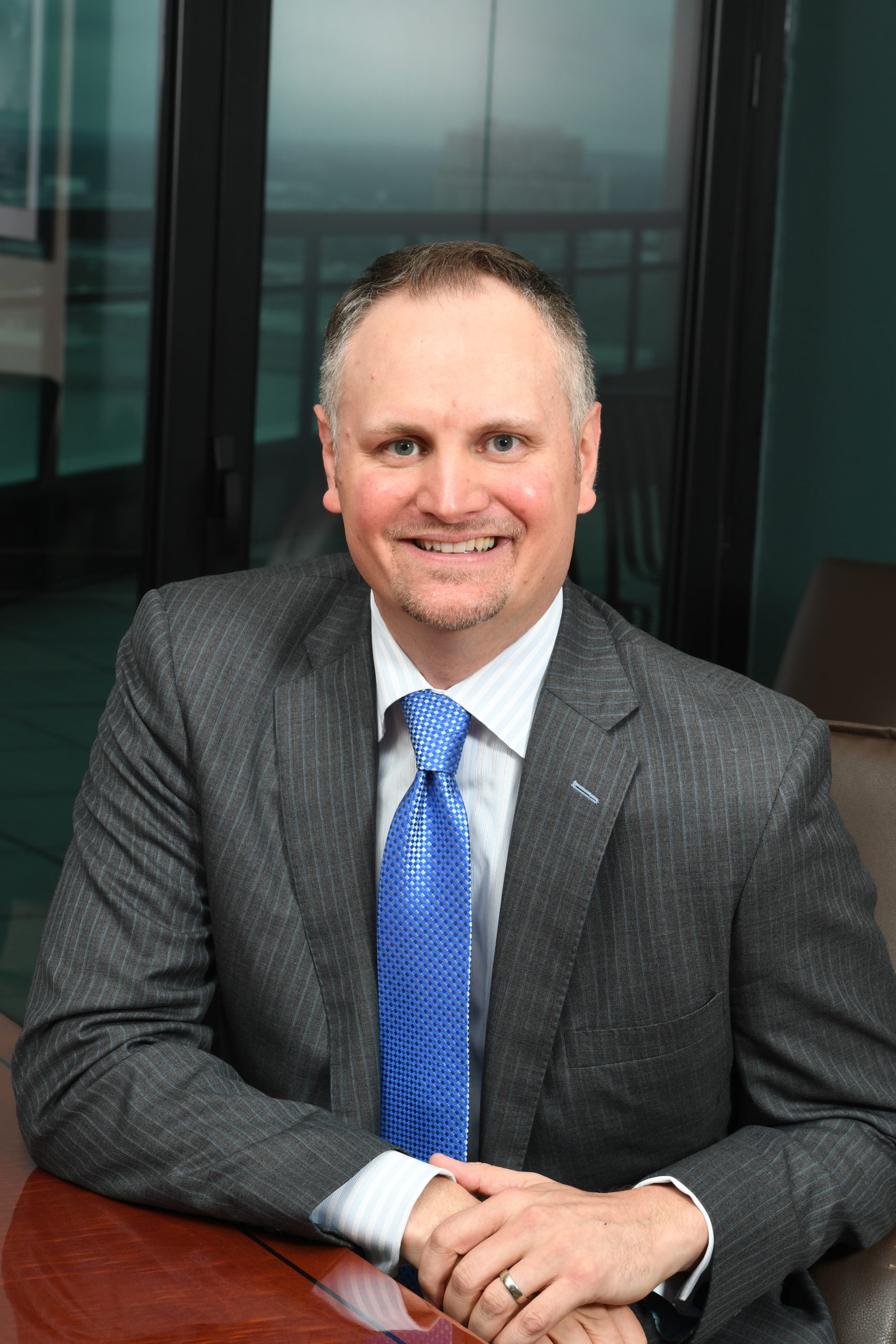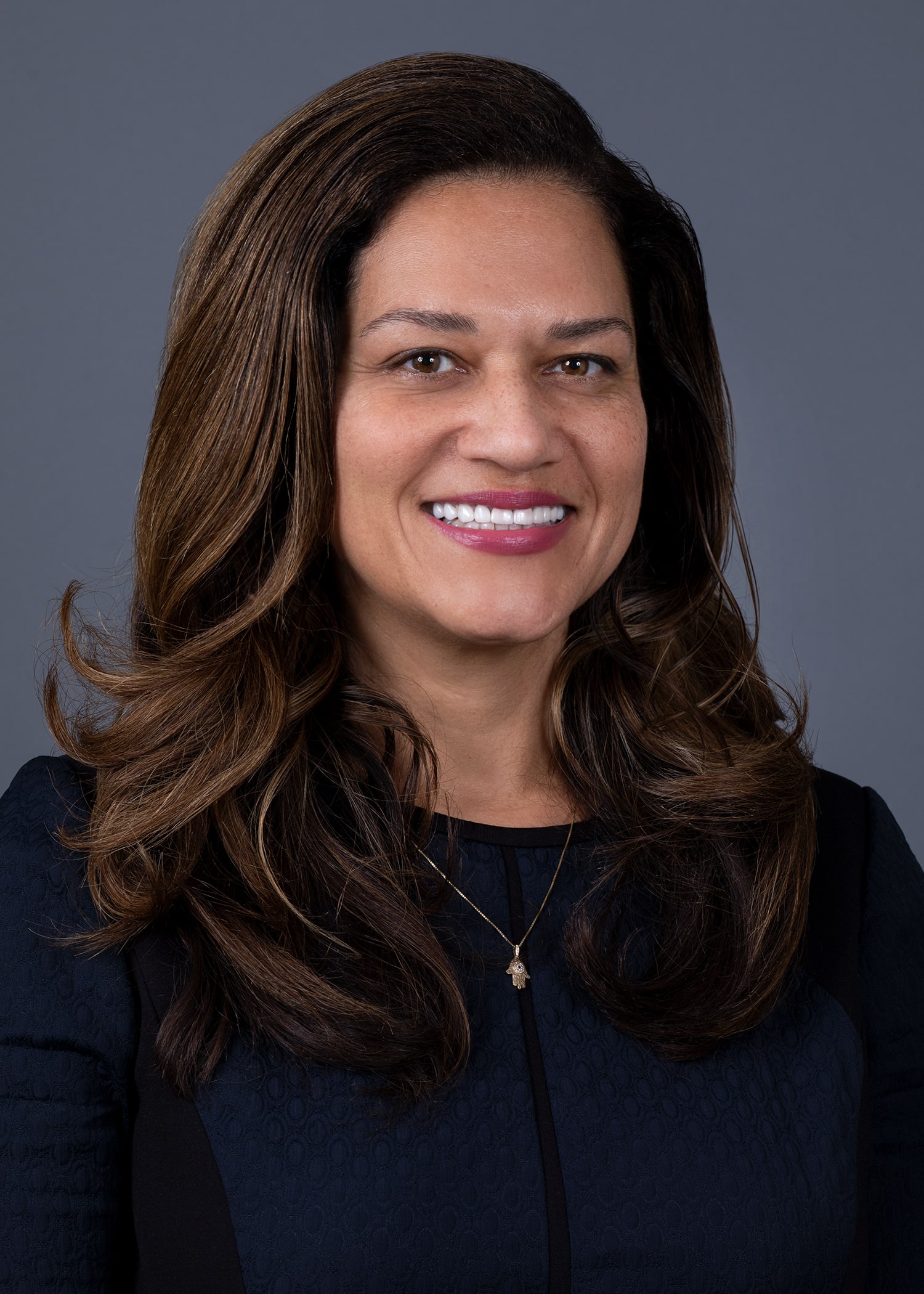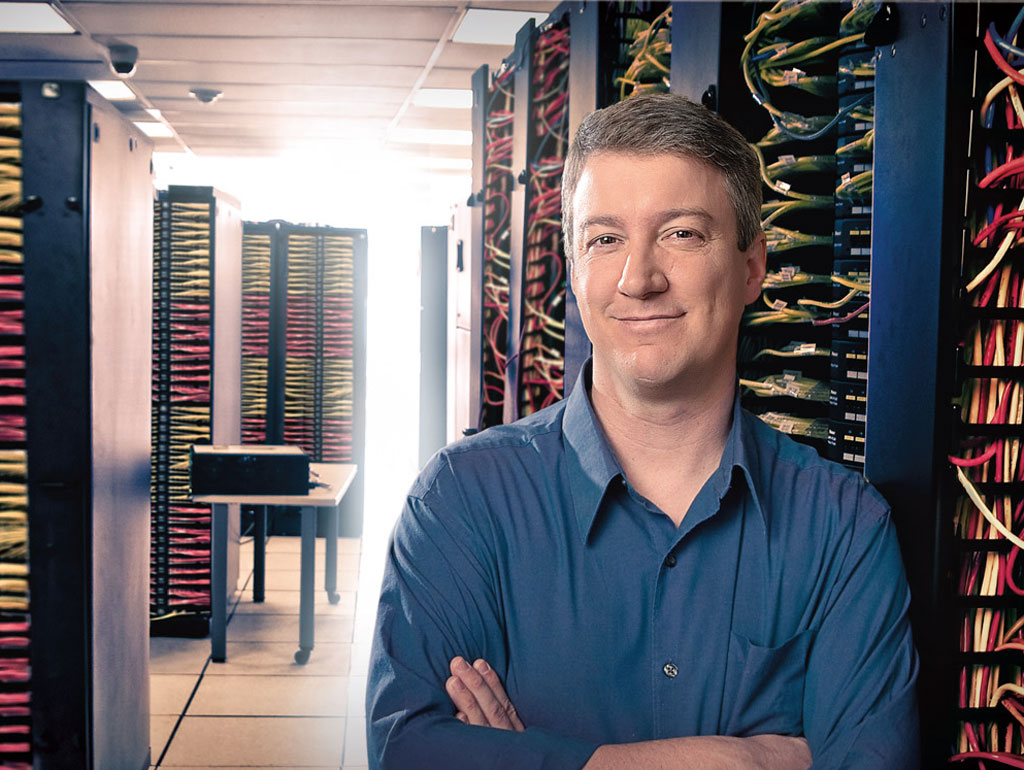Power Moves is a column where we chart the comings and goings of talent across the region, and other people-oriented updates. Got a new hire, new gig or promotion? Tell us: baltimore@technical.ly.
Martin Roesch is back in the CEO role of a Maryland cybersecurity company.
Roesch, the inventor of pioneering open source network intrusion and detection system Snort and founder of exited Columbia cybersecurity firm Sourcefire, joined Annapolis-based Netography, the company said this month.
Sourcefire is among the region’s largest tech acquisition deals of the last decade. Cisco bought the company, which commercialized Snort, in 2013 for $2.7 billion. Roesch remained with Cisco as chief architect of its security business group until 2019, then went on to invest and advise companies.
During the pandemic, Roesch told Technical.ly that he found himself exploring new projects. That got him talking more to Barrett Lyon and Dan Murphy, the cofounders of 2018-founded Netography, which has attracted investment from Mango Capital and prominent Silicon Valley firm Andreessen Horowitz. Lyon and Murphy have worked together for years, including at DDos attack protection pioneer Prolexic Technologies, which was acquired in 2013 by publicly traded company Akamai.
Eventually, the conversation between Roesch and the cofounders turned toward scaling up, and about Roesch leading that effort: “Looking at the complete picture and the market, I realized there’s a big market here and it’s ripe for a new entrant,” he said.
Netography provides technology for network detection and response used by cybersecurity professionals at large enterprises and other organizations that work to protect networks on a day-to-day basis. Its technology can monitor networks and detect threats across a cloud (or multiple clouds) and data centers. That brings visibility to security pros by pulling together the info from these sources to create “one picture,” Roesch said. He pointed out that with the pandemic shift to remote work, it is well-suited to bring together devices working from distributed locations into that picture.
The striking thing right now is how much easier it is to get started more quickly because of the experience of the last 20 years, and also the success that we had that gets people enthusiastic to work with you again.
“The technology is very interesting and it’s a new approach to attacking a lot of these problems that we have with understanding exactly what we’re trying to protect and what it’s doing,” he said. “A lot of people who don’t work in cybersecurity professionally don’t understand how hard it is to see what’s going on and make sense of it. This company is all about being able to do exactly that.”
After growing a startup that he started from his house to a 10-figure exit and working at one of the top networking companies, Roesch is now back at a company that’s closer to the beginning of its journey.
Netography will look to raise funding, and then grow the distributed team of nine people and open an office in Annapolis. For Roesch, it’s not completely starting over. Back in the early Sourcefire days, he didn’t know investors and business pros who could help to build a company around technology. With experience, he has a network to draw on as he looks to grow a new venture, and they’re willing to help again.
“The striking thing right now is how much easier it is to get started more quickly because of the experience of the last 20 years, and also the success that we had that gets people enthusiastic to work with you again,” he said.
And he’s choosing to do it again in Maryland. For one, it’s home. But a highly trained cyber workforce through the government talent and university system, transportation hubs also make it a good strategic pick, Roesch said.
“This is an excellent place to start a company like this,” he said.
###

Economic Alliance of Greater Baltimore has named Brian D. Pieninck as the chair of its board of directors. Pieninck brings his leadership experience as the president and CEO of CareFirst BlueCross BlueShield to the helm of the regional economic development nonprofit’s board.
“As the region continues to expand its reach and vital role in the success and growth of Maryland, I look forward to the many opportunities for public and private partnership that will help spur innovation and investment in the prosperity of our communities,” Pieninck said in a statement. “Together, we’ll lift the incredible talent and enterprises who call this region home today and attract those who share our optimistic view of the future.”
Pieninck succeeds Stephen J. Woerner, president and COO of Baltimore Gas and Electric Company, who is relocating to the Boston area this month to begin a new role as president of National Grid New England.
###
On the heels of its recently closed $32 million Series B, Baltimore-based digital health company b.well Connected Health added two vice presidents last week.
Gary Johnson joined the company as VP of marketing. He brings brings 20 years of experience leading marketing strategy at companies like MedAssets, Vendormate and R1 RCM. His expertise will be used to strengthen the company’s brand identity and scale up its go-to-market processes.
Romy Carlson has joined as VP of partnerships. She will use her extensive contacts after 20 years of working in the industry for companies including Weight Watchers, Humana and Cerna to aid strategic partner relationships and alliances for the healthcare technology company.

###
Telecommunications giant Comcast recently hired Dawn Kirstaetter as director of government and community affairs for its Beltway Region.

A native of West Baltimore, Kirstatetter brings experience serving as deputy mayor of health, human services, education and youth in the City of Baltimore during the administration of former mayor Stephanie Rawlings-Blake. She also held COO roles at Baltimore City Community College and Associated Black Charities.
“Baltimore gave me a strong foundation for success, and I’ve committed my life to giving back by empowering young people and advocating for programs and resources to help them achieve their dreams,” she said in a statement. “Comcast shares my commitment to Baltimore, and that’s why I’m proud to join this team and work with the Mayor’s Office, the City Council and community leaders to build solutions tied to digital equity, workforce development, and digital skills training.”
There has been more energy around those issues from the city over the last year, as the pandemic exposed gaps that result in 40% of Baltimore City households lacking wireline broadband service. The City of Baltimore recently named a director of broadband and digital equity and made internet access a key piece of a strategy to spend federal aid.
###
Sam King was appointed to the board of directors of Federal Hill-based social media and digital cybersecurity firm ZeroFox.

King is CEO of Boston-based application security testing firm, and ZeroFox sees that experience as asset to the company’s plans for global expansion.
“As a member of the ZeroFox Board of Directors, I look forward to helping guide the company’s global growth acceleration strategy,” said King, in a statement.
The company sees the industry of external threat intelligence and protection in the digital world expanding, and this appointment is an effort to prepare for that growth.
“Sam brings considerable cybersecurity expertise, passion, and an unmatched track record of strong leadership and execution from a high growth cybersecurity SaaS business to our board of directors,” said ZeroFox CEO James Foster.
ZeroFox raised $74 million in venture funding in 2020, and has since acquired a pair of threat intelligence firms.







